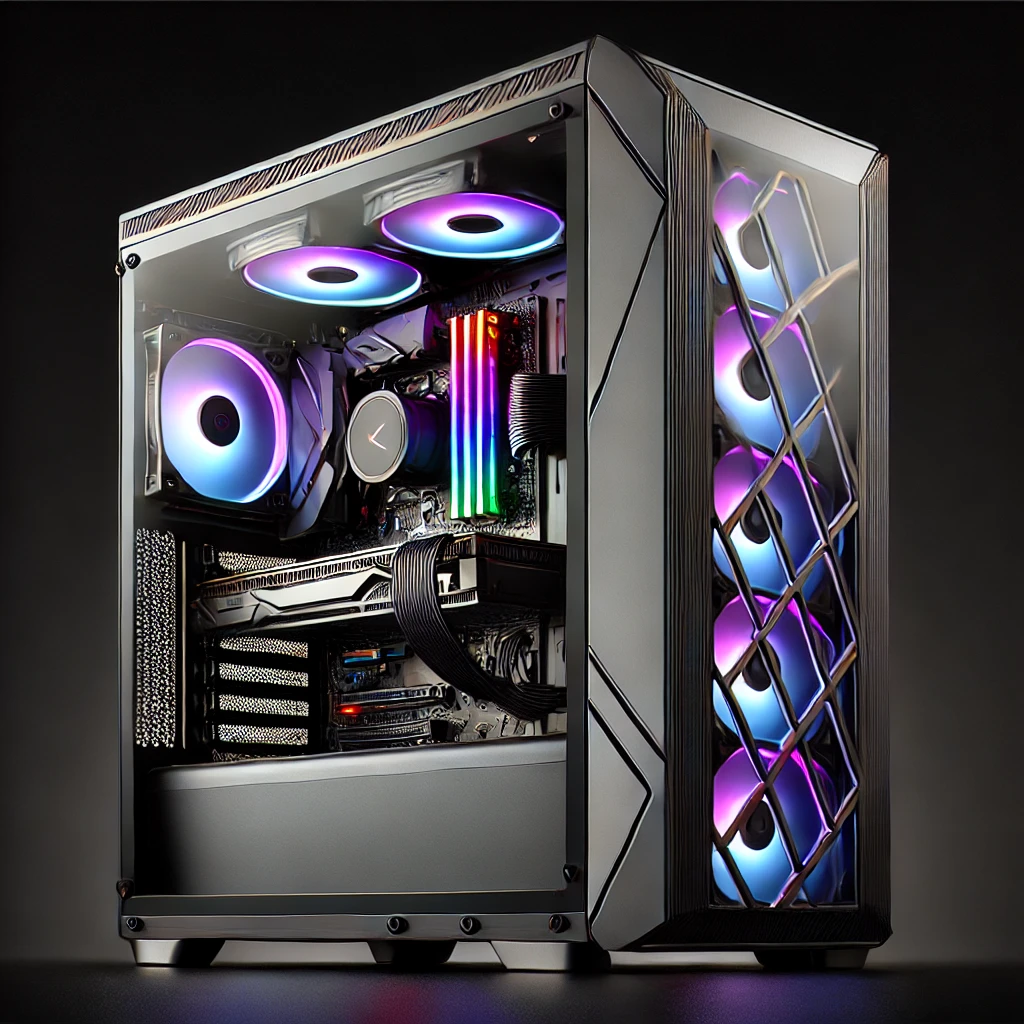Your cart is currently empty!
In the computing world, the ongoing rivalry between AMD VS Intel processors is akin to an epic saga. Both brands are renowned for their high-quality CPUs (Central Processing Units), but they cater to different needs and preferences. Whether you’re a gamer, a creative professional, or a small business owner, understanding the differences between AMD and Intel can help you make an informed decision for your next computer. Let’s break down the key differences.
Performance: Gaming and Beyond
- AMD: AMD processors, especially their Ryzen series, have gained massive popularity in recent years, particularly among gamers. Known for their high core and thread counts, AMD CPUs excel in multitasking and high-performance gaming. They offer fantastic value for money, making them a go-to choice for budget-conscious users who don’t want to compromise on performance.
- Intel: Intel, with its Core series (i3, i5, i7, and i9), has long been the benchmark in CPU performance, particularly in single-threaded applications. This means that for tasks that don’t require multiple cores, like many traditional desktop applications, Intel processors often have the edge. They are also well-regarded for their higher clock speeds, which is a crucial factor in gaming and some professional applications.
Integrated Graphics
- AMD: AMD’s APUs (Accelerated Processing Units) integrate strong Radeon graphics on the same chip as the CPU. This is particularly advantageous for budget builds or entry-level gaming systems where a dedicated graphics card is not viable.
- Intel: Intel’s CPUs typically come with integrated Intel HD or Iris graphics. While these are suitable for basic tasks and some light gaming, they generally don’t match the performance of AMD’s Radeon graphics in the same segment.
Heat and Power Consumption
- AMD and Intel CPUs differ significantly in their thermal design power (TDP) and power consumption. Generally, AMD’s chips, particularly their high-end models, can run hotter and may require more robust cooling solutions. Intel’s processors are often more energy-efficient, but this can vary based on the specific chip and usage scenario.
Price and Value
- One of the most compelling aspects of AMD processors is their price-to-performance ratio. They often offer more cores and threads at a lower price point compared to Intel. However, Intel’s CPUs, while sometimes more expensive, provide excellent performance and reliability, which can be a crucial factor for businesses and professional use.
Upgradability and Compatibility
- AMD has a reputation for supporting the same socket types for longer periods, which means you can often upgrade your CPU without needing to change the motherboard. Intel, on the other hand, frequently changes socket types with new CPU generations, potentially requiring more investment if you plan to upgrade in the future.
Lithgow Tech Services: Custom Solutions for Every Need At Lithgow Tech Services, we understand that every user has unique needs. Whether you’re building a high-end gaming rig, a powerful workstation for creative endeavors, or a reliable system for your business, the choice between AMD and Intel is crucial. Our expertise in custom computer builds allows us to tailor a system that aligns perfectly with your requirements and budget.
In Conclusion The AMD vs. Intel debate is not about finding a definitive winner but about understanding which processor fits your specific needs. Both brands offer exceptional quality and performance, and the choice ultimately depends on your individual computing requirements and preferences.
For personalized advice and custom computer solutions, reach out to Lithgow Tech Services. We’re here to help you navigate the complex world of processors and build the computer of your dreams!
AMD vs. Intel Processors? Well we can’t tell you what would be the best overall but we can tell you what processor will work best for you. AMD vs. Intel Processors:
Discover more from LithGeek Custom Gaming Computers
Subscribe to get the latest posts sent to your email.

